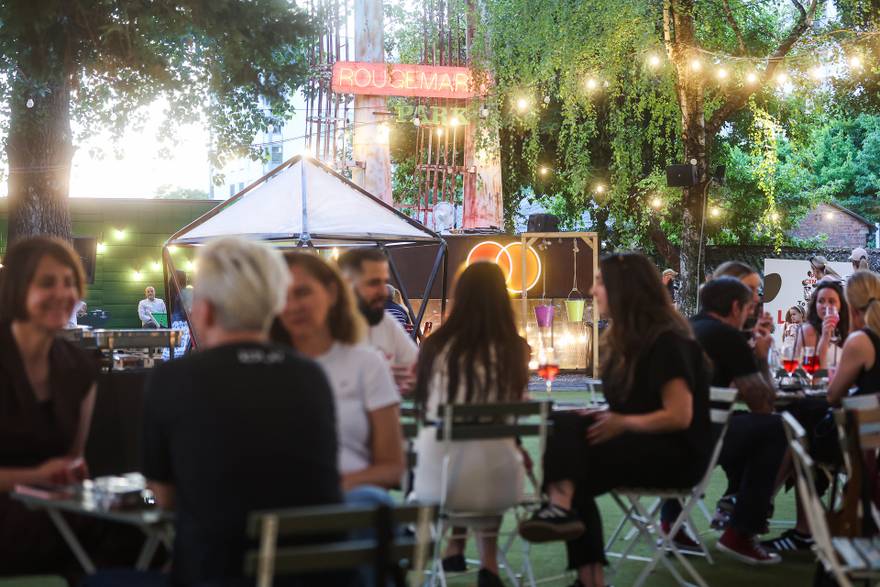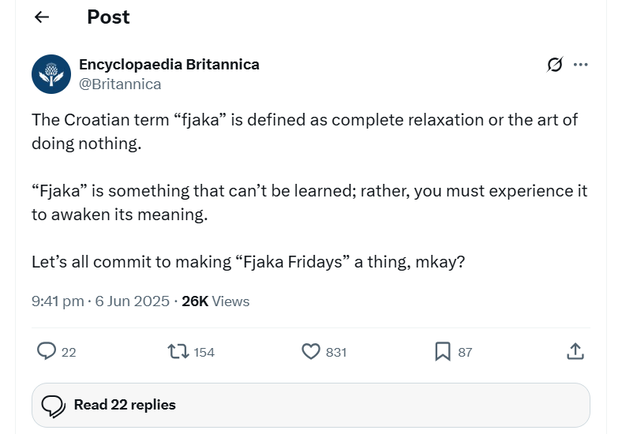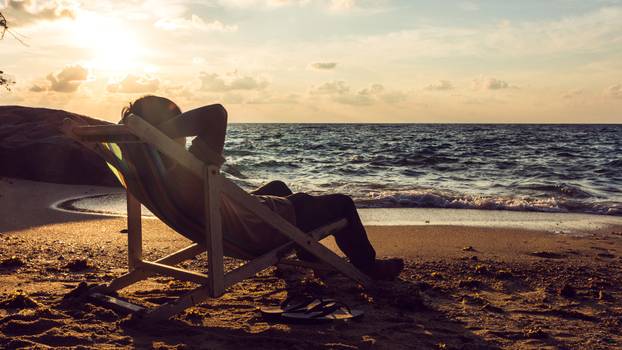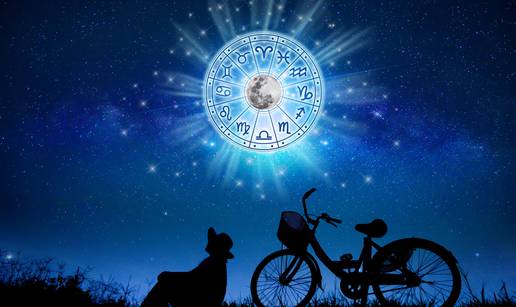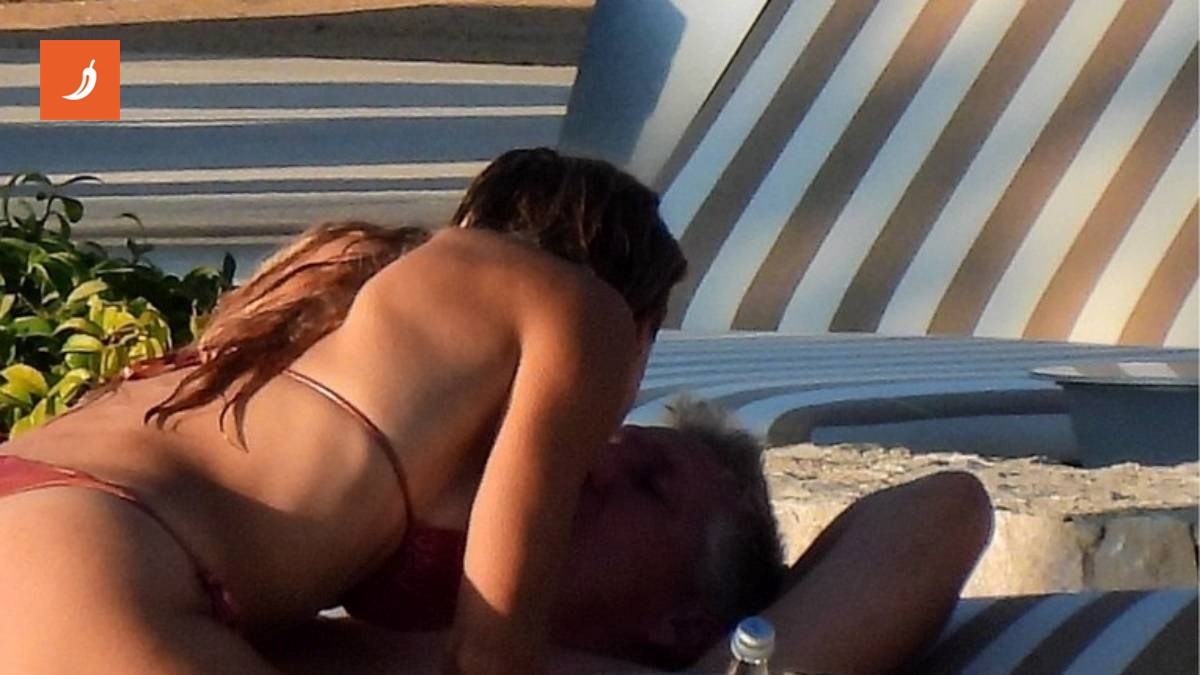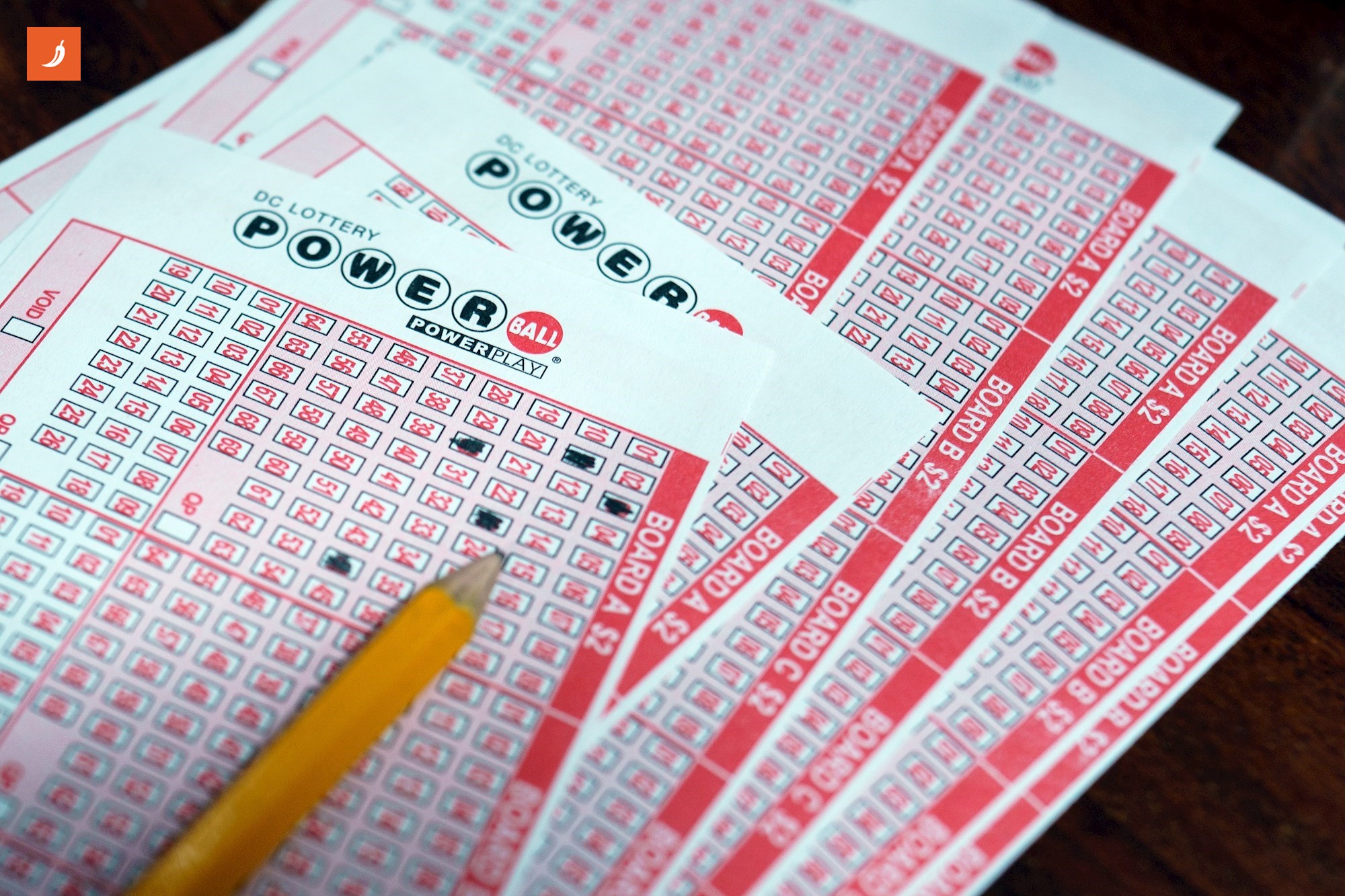The British Encyclopedia Britannica recently introduced the Croatian term ‘fjaka’ on its social media profile, defining it as a state of complete relaxation and the art of doing nothing. It emphasized that fjaka cannot be learned just by words but must be experienced. A special day, ‘Fjaka Friday’, was proposed to promote relaxation and relief from everyday stress. The post attracted nearly 24,000 views and many comments from users worldwide who expressed enthusiasm for the idea and a desire to incorporate such a way of resting into their lives. Previously, the British audience showed interest in fjaka, with The Sun newspaper in 2017 describing it as a state of inactivity primarily due to high temperatures in Dalmatia, comparing it to Eastern meditation techniques that bring deep relaxation and tension release. The unique Croatian expression has thus become an international symbol of moderation and refreshment in the fast-paced modern world.
Political Perspectives:
Left: Left-leaning sources tend to emphasize the cultural uniqueness and social value of ‘fjaka’ as a form of resistance to the fast-paced capitalist lifestyle, highlighting its role in promoting mental health and well-being through relaxation and mindfulness. They may also focus on the communal and traditional aspects of the practice, celebrating it as a cultural heritage worth preserving and sharing globally.
Center: Centrist sources report on ‘fjaka’ primarily as a cultural curiosity and lifestyle trend, presenting it as an interesting and positive phenomenon that has gained international recognition. They focus on the definition and promotion of fjaka by the British Encyclopedia and the public’s positive reception, without strong ideological framing, emphasizing its benefits for stress relief and relaxation.
Right: Right-leaning sources might highlight ‘fjaka’ as an example of cultural pride and national identity, emphasizing the uniqueness of Croatian traditions and their international recognition. They may also frame it as a practical lifestyle choice that encourages personal responsibility for well-being and balance, possibly contrasting it with modern workaholic tendencies.








